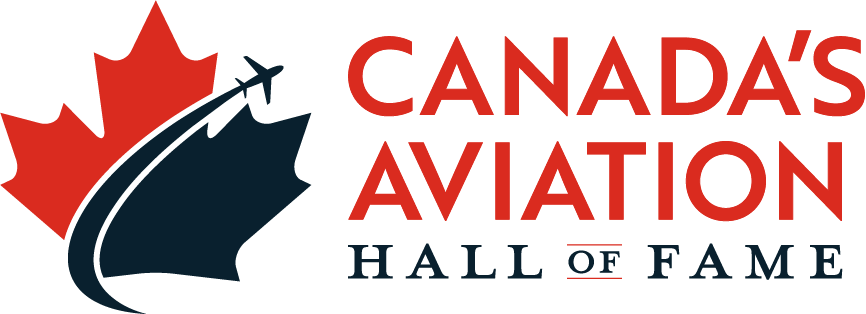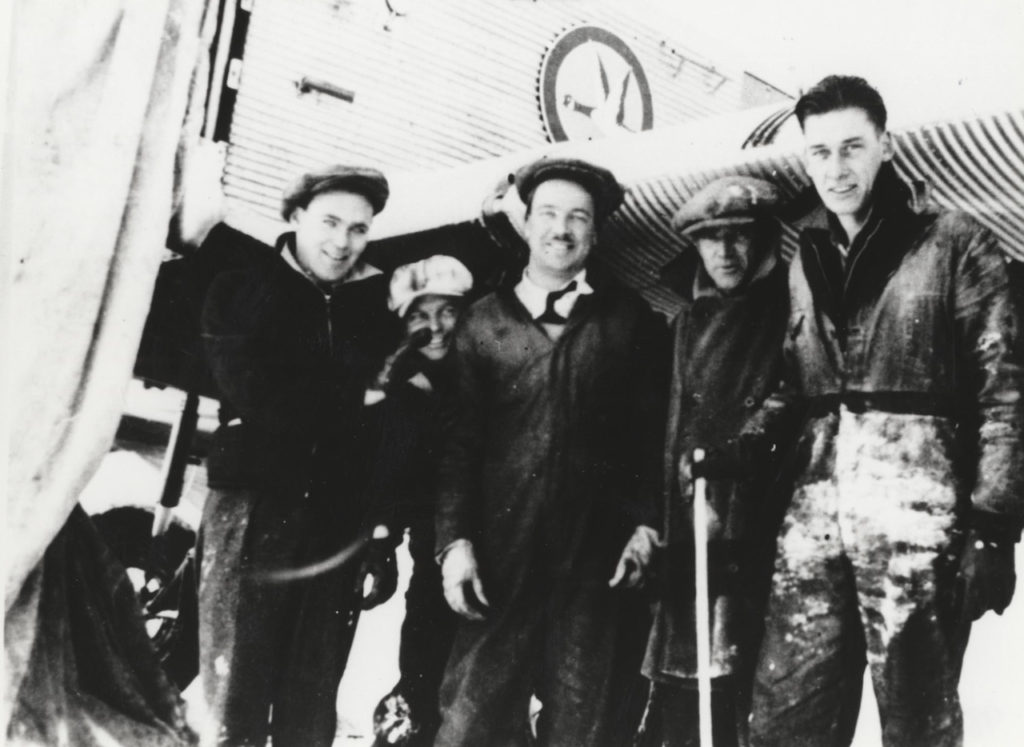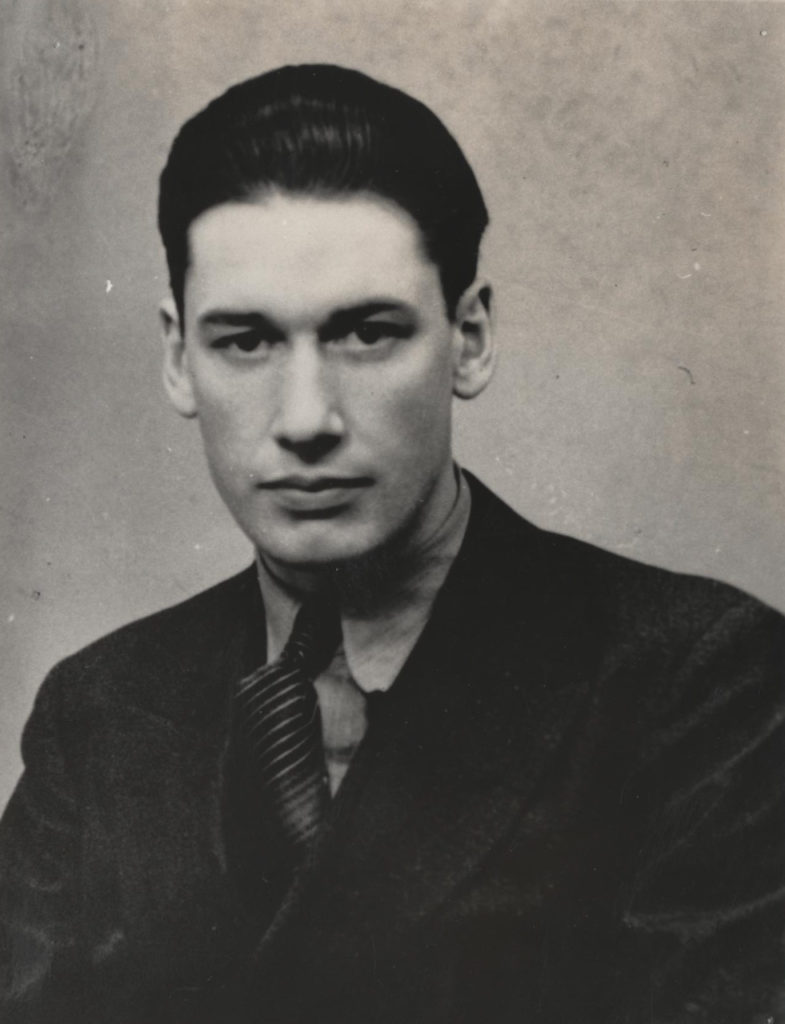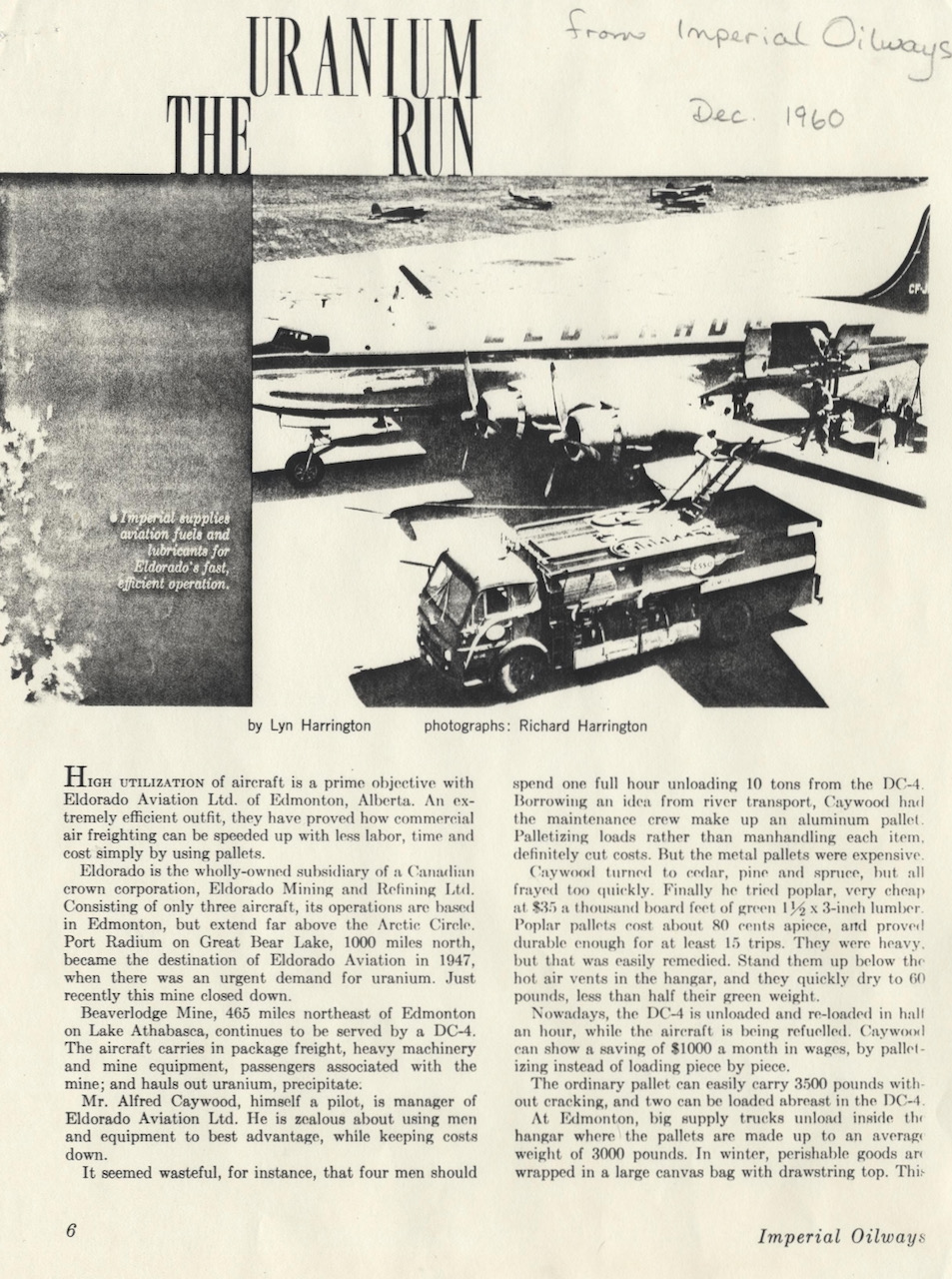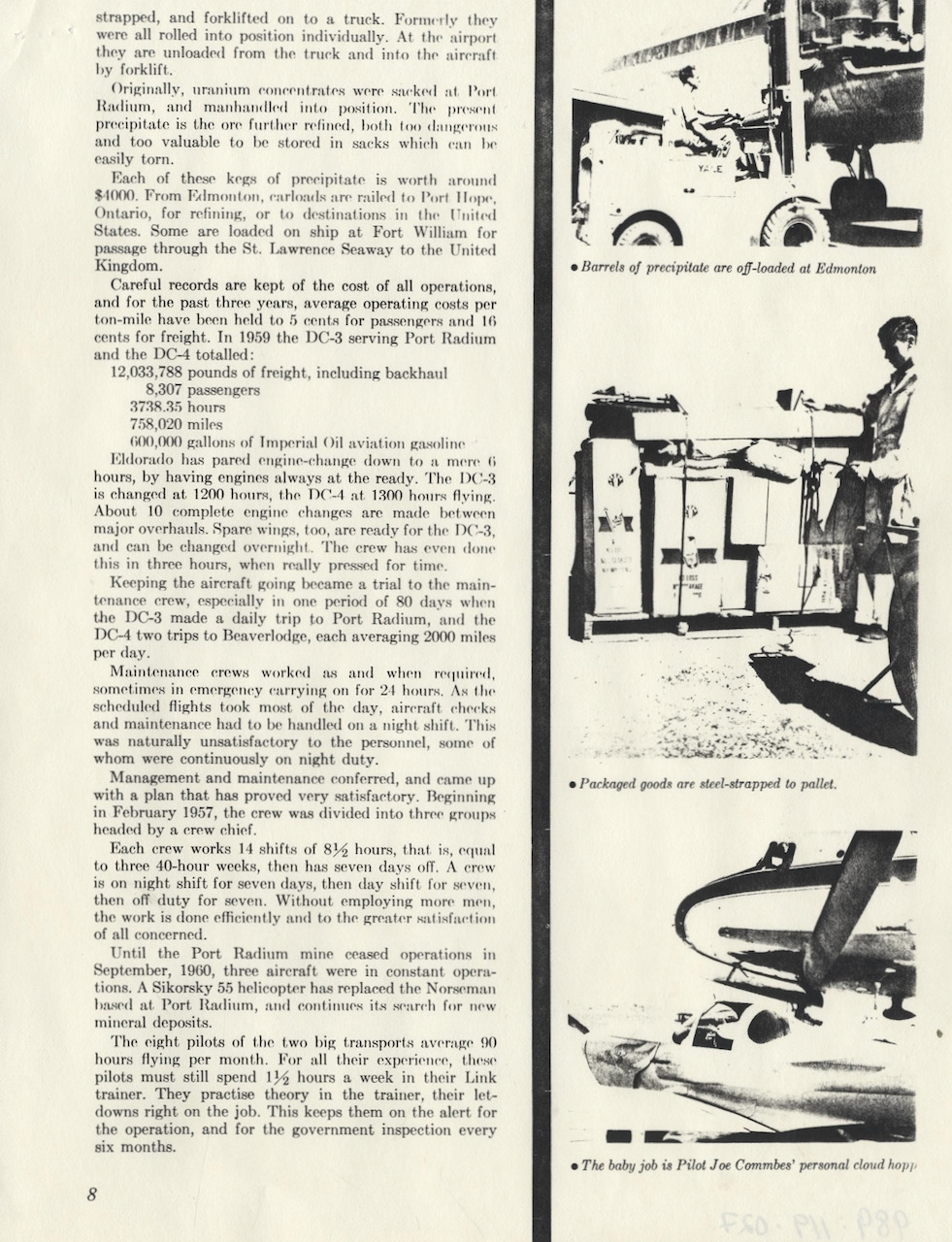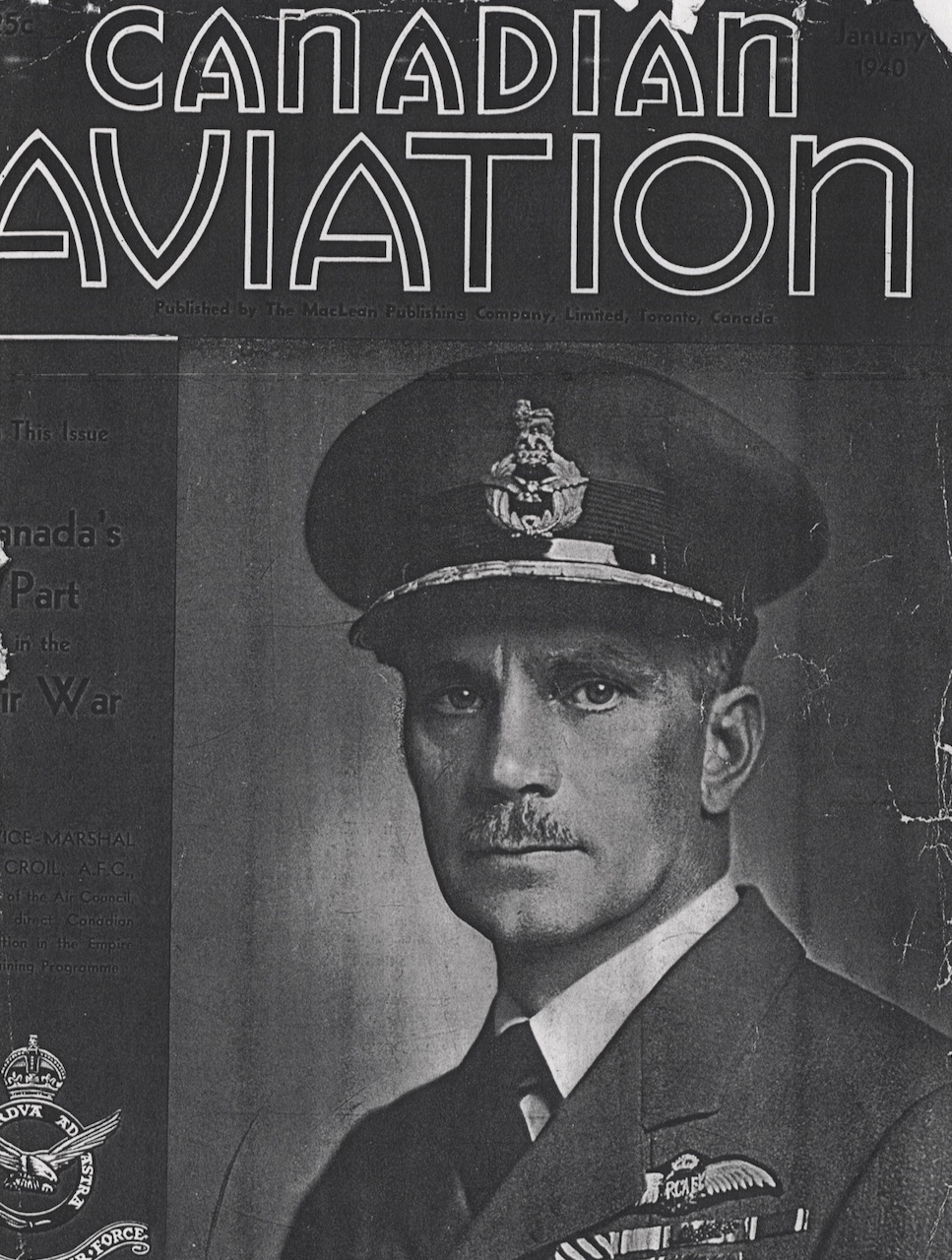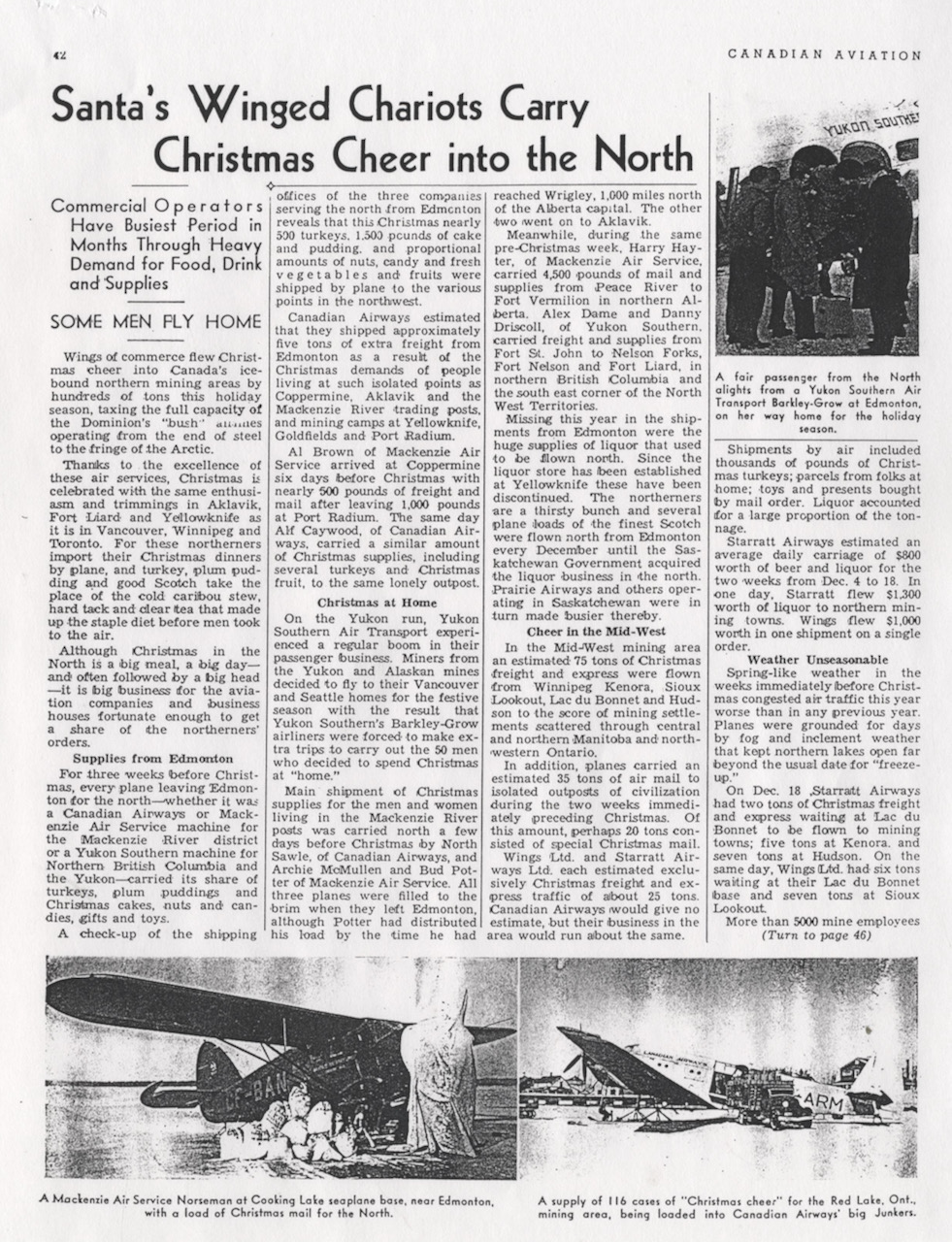Alfred Beebe Caywood

Nickname: Alf
Birth Date: January 22, 1910
Birthplace: Oelrich, South Dakota, USA
Death Date: May 23, 1991
Year Inducted: 1988
His foresight and high standards not only benefited the company he led, but indeed the entire aviation community, in his own words, he took the romance out of bush flying and turned it into a viable business, complete with balance sheet. He played an integral role in the development of Canada's atomic age. There is no doubt that he contributed greatly to Canadian aviation
Prospecting and Flying
Alfred Beebe (Alf) Caywood was born January 22, 1910, in Oelrich, South Dakota, U.S.A. and moved with his family to Edmonton, Alberta, in 1911. After receiving a diploma from McTavish Business College in 1925 he worked up to comptroller of a mine in the Coal Branch in southwestern Alberta. Later he worked with Alberta Land Titles and Provincial Income Tax.
In 1933 he struck out prospecting in British Columbia, northern Saskatchewan, and the Northwest Territories. During this period he became impressed with the use of aircraft to reach remote areas and also to investigate favourable prospects by means of aerial observation. With this as an incentive, he received his Private Pilot's Certificate early in 1937 under the tutelage of Maurice 'Moss' Burbidge. He joined the staff of Canadian Airways Ltd. as a mechanic's helper, and became one of their pilots in 1938. He was associated in those early years of flying with several well-known northern pilots who would later become Members of Canada's Aviation Hall of Fame, including W.R. 'Wop' May, G.H. 'Punch' Dickins, Walter Gilbert and Jack Moar.
Flying regularly over unmapped country, he actually covered the area which he had walked over as a prospector. Caywood instituted the filing of sketch maps of the locations where various prospectors, trappers, etc. had been left so they could be picked up more easily at a later date. He added sketches of major routes showing predominant characteristics of the areas for the guidance of others. When Canadian Pacific Airlines was formed, he became a mainline captain on all of their routes in the Yukon, Alaska and the Northwest Territories.
A Daring Story
On one flight in 1942, Caywood was piloting a fabric-covered, single-engine Norseman in mid-winter from Yellowknife to Coppermine on the Arctic coast. The aircraft inexplicably caught fire in mid-flight and the flames ignited boxes of ammunition which exploded, shredding the plane's skin. Caywood, barely able to control the plane, landed safely on the frozen tundra.
He and his air mechanic, Jack Rennie, escaped as the fuel tank exploded, but their friend, Paddy Gibson, had already perished in the plane. Then began their struggle to survive. They had suffered blistered faces in the fire, and the minus 40 degree weather added to their miseries by freezing the skin of their hands and feet. They had lost their gloves and their felt liner-boots were shredded. They had no tent, little food and no one knew where they were. They spent nine days huddled in shelters constructed of snow, tree boughs and airplane parts. When a search aircraft located them, they were snow-blind, had frost-bitten hands and feet and had each lost twenty pounds.
Eldorado Mining and Refining
In 1944 Caywood joined Eldorado Mining and Refining on Great Bear Lake, Northwest Territories, to form their Air Division. Eldorado Aviation transported uranium for the first atomic bombs, a venture known as the Manhattan Project. Working in shifts, Caywood kept Eldorado's planes flying almost non-stop to bring supplies in to the mine site, and fly uranium ore out from Port Radium. This was of vital importance to the Allied cause.
He acquired for Eldorado the first Douglas DC-3 to be licensed commercially in Canada, from war-surplus stock, enabling him to expand what was known at that time as 'bush service'. Thus he initiated the first extensive use in Canada of the DC-3 for freight and passenger haulage. Douglas Aircraft Division called it "a saga of what dedication, determination and ingenuity can accomplish under the most dire maintenance and flying conditions." During this time Caywood broke many new records for tonnage and mileage, and initiated the use of pallets to save time loading and unloading air freight.
Caywood recognized the importance of both preventive and corrective maintenance for his small fleet of aircraft and his standards of excellence resulted in a very safe and efficient operation, even in severe weather conditions.
Under his direction, Eldorado's per-ton and per-passenger costs were the envy of the aviation industry.
Caywood retired from Eldorado in 1965 to live in Victoria, British Columbia. During his retirement he served as aviation consultant for the World Bank. He died in Victoria, B.C. on May 23, 1991.
Alfred Beebe (Alf) Caywood was inducted as a Member of Canada's Aviation Hall of Fame in 1988 at a ceremony held in Toronto, Ontario.
News Stories
To return to the Inductee Page, please click here.
